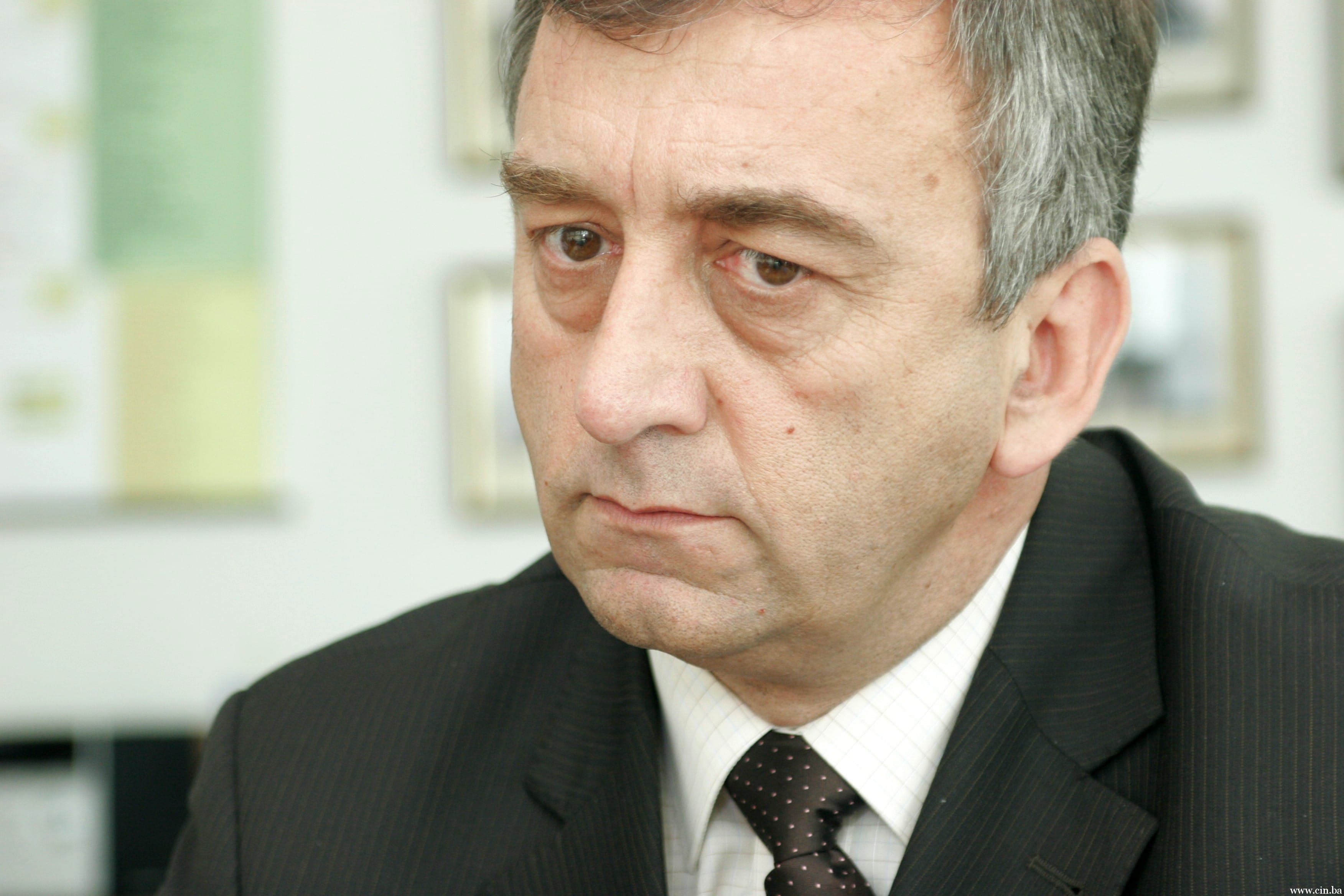The job of Bosnia-Herzegovina’s (BiH) 2,039 border policemen is to protect the country along a 1,551-kilometer border vulnerable to smugglers and traffickers.
Some of the force’s newest recruits have been on the other side of the line.
This spring a list of 121 candidates chosen from 1,700 applicants to become border police included 10 who have or had a police file. Another 25 candidates were approved even though criminal background reports on them were never compiled.
SIPA described the 10 candidates as ‘were or still are the subjects of interest and processed by the authorized judicial bodies or law enforcement agencies in BiH.’ The one file the Center for Investigative Reporting in Sarajevo obtained was for Emir Škaljo and included charges for theft of motor vehicles, burglaries, and soliciting drugs.
Cadets get a year of training before being permanently added to border patrols. One of the 10 candidates approved despite their pasts has already been let go.
Border Police Director Vinko Dumančić, who approved all the candidates, defended his decision at the same time he praised his force as a key element in the country’s security system.
‘Authority is gained through work, honesty, attitude toward work’ he said.
The State Investigation and Protection Agency refused to disclose full background reports of the name and offenses committed by the new cadets, citing concern for their privacy
SIPA documents, however, show that Škaljo – who is the son-in-law of a Border Police department head — was sentenced in 2007 for the criminal act of ‘soliciting and enjoying of drugs’ to one month in prison and a year’s probation. In January, this punishment was expunged. SIPA records also cited Škaljo for auto theft, burglaries and other drug charges.
Dumančić said he didn’t know how many cadets with police files are enrolled in the newest class.
‘There were five, six, nine. I have no idea, I don’t know exactly how many there were of them, but there they were’ he said, adding that recruiting was all done according to the law. He said he had good reason for hiring as he did.
‘It could be that a gram of drugs was found in some little pocket’ he said. ‘It could be that this one was. It could be that he was allegedly sitting in a car, that a kiosk was burgled by someone totally different…’
‘I was of a thought not to hire any of them’ the director said. But he later considered that if those cadets denied a position appealed in court they would win. So he pragmatically allowed them in. BiH law is clear that police recruits may not be involved in ongoing criminal proceedings or have verdicts against them but expunged verdicts and police files closed short of verdicts are a gray area.
Dumančić said he has hired other cadets with police files, though he did not know how many were in earlier classes or on the force at a whole.
There was a wide pool of candidates this spring from which to look for cadets with clean records. The director said he could not say whether the best of the 1,700 were chosen.
Selection of new cadets starts with an ad. Applicants are given a general knowledge and fitness test, put through health screens and interviewed. Out of that a short-list is compiled. SIPA does a criminal background on these candidates and reports back to the Border Police.
The EUPM — the European Union Police Mission in BiH – oversaw the hiring of new border police and Klaus Groebel, a human resources advisor with the agency, said the selection was in accord with continent-wide standards.
Dumančić said the EUPM had a copy of the SIPA report, but Groebel said it was reporters who had alerted him to the 10 names.
He said that if presented with evidence of this the EUPM might take action. ‘If you have proof about this I will ask you to show me what evidence you have and I will get to it right away and find ways to suspend these people’ he said.
Mustafa Ovčina, head of the force’s Administrative Department, said he had nothing to do personally with the hiring of his son-in-law Škaljo, but felt it was justified. He said three members of his extended family work on the force.
He said Škaljo got all but one of 50 questions on the written test correct, The EUPM advisor concurred that such a score was rare and sign of talent in a candidate. Ovčina said everyone deserves a new chance including Škaljo who had applied twice to be a cadet. He had been turned down until his sentence was erased.
Ovčina said he was optimistic that someone could move from one side of the law to another.
‘Is it something bad that someone has decided to turn his life around?’ he said. ‘I, on the contrary think that this is not bad. It is absolutely possible. People can do God knows what, but there is redemption. There is…’
Škaljo declined to be interviewed for this article.
Recruiting and hiring by Border Police could play even a larger role beyond national security. Tight and secure borders are a condition for admission into the European Union and professional, spotless policemen are seen as far more likely to achieve that goal.







